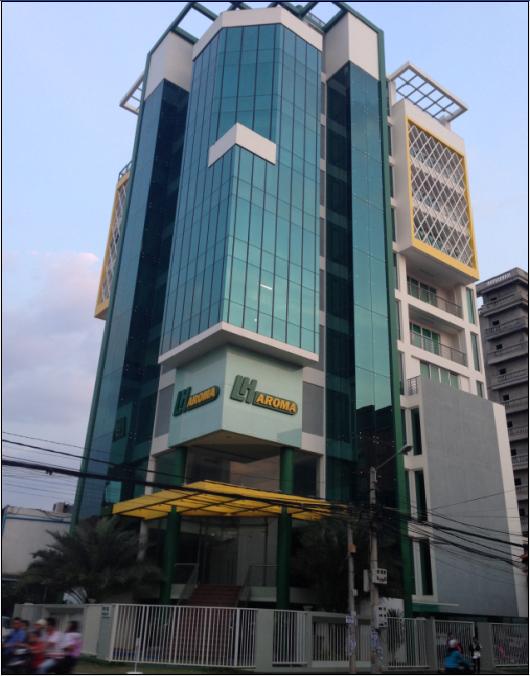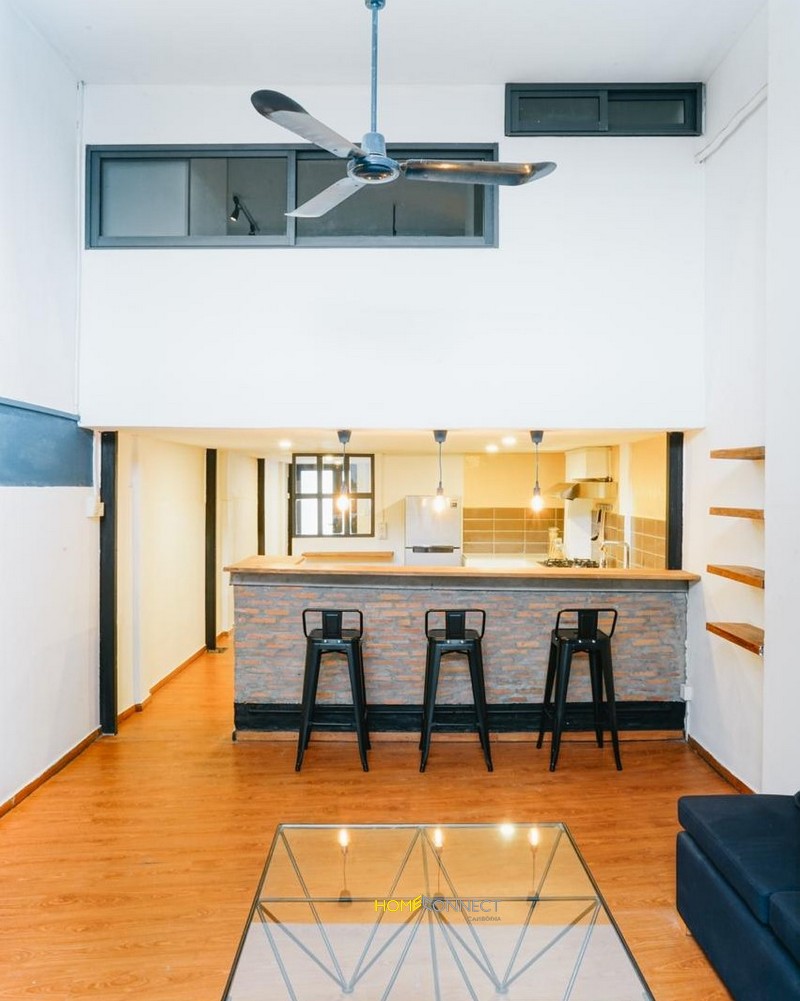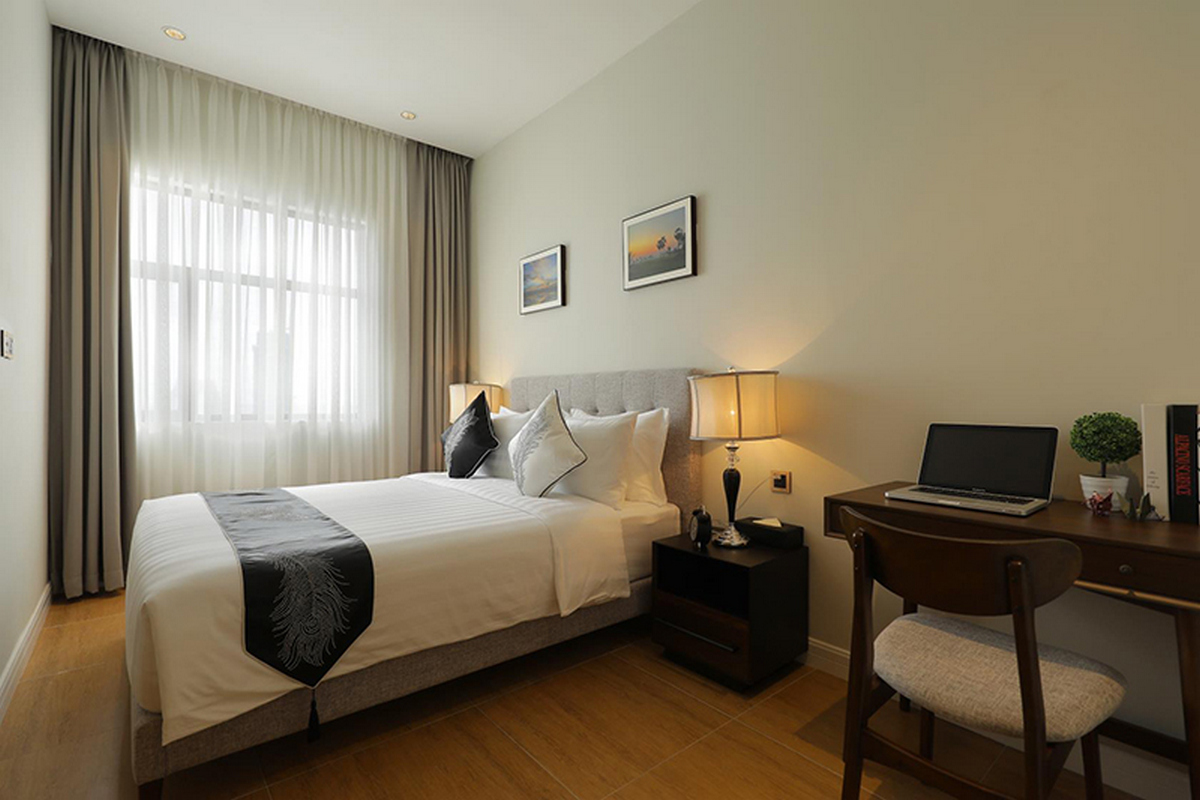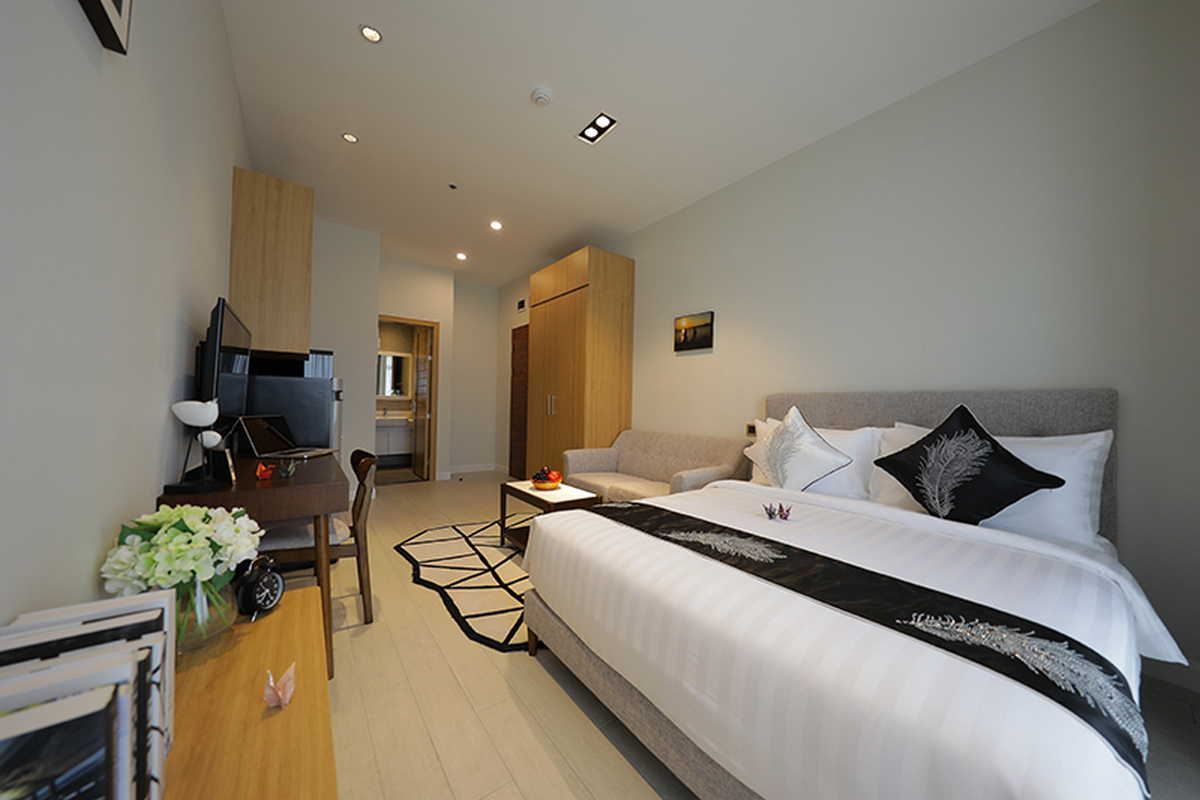
Just as the condominium market is segmented into high-end, mid-range and mass market, office space is classified into Grades A, B and C. Grade A indicates the highest quality standard.
According to Liew, the demand for Grade A office space hasn’t been met. Yet, with upcoming launches such as that of the Gateway, there is indication of a shift in developer mentality. Post Property spoke to Liew about what defines Grade A office space, what kind of companies are attracted to it and why she believes the market for office space has to catch up with the residential sector.
Why do you forecast a significant growth of office space during 2016?
There is a lot of supply in the residential market but surprisingly, commercial real estate hasn’t really picked up in Phnom Penh yet. I believe that now is the right time to invest in commercial property because it will take time for the residential market to absorb the supply. Expats who come to live in Phnom Penh need a place to work. Looking at it from the point of view of a developer, it is reasonable to sort out the opportunity for those people to work here by developing commercial space.
Where do you believe the demand for office space will come from?
In the wake of the AEC we are expecting companies to set up in Cambodia. Also, with the weak Yuen compared to the stable US Dollar, many Chinese companies are looking at establishing their headquarters or branches in Cambodia. The same rationale applies for multinational companies who are choosing Cambodia over Vietnam or Thailand. Doing transactions in Dong or Baht is becoming a risk while the US Dollar is providing a safe alternative. It makes sense that more companies will come to Cambodia and look for offices. The trend is already there. We have international companies looking for Grade A places to rent, but often they do not find what they are looking for.
What is lacking in the current supply?
The service standard is lacking. Currently, the only choice would be to set up in Vattanac – unless you are building your own building like Maybank is. But even in Vattanac Capital Tower, for example, the aircon shuts down at 7pm. What if you have meetings until 10pm? Yet, this is a self-proclaimed Grade A office space. There are other buildings that claim to have the same standards, but when we ask them what classifies their office as Grade A we don’t hear a satisfying answer.
What actual features define Grade A office space and what kind of companies seek to rent it?
First of all, multinational companies need to be set up in a landmark development where people can easily find them. They cannot be in a villa. And when thinking about the electricity supply, setting up in a Grade A office is especially important for financial institutions. A financial institution cannot afford power outages. A generator would not help there. So, Grade A offices have to be supplied by several electricity lines, not just one. Other important factors are the speed of the lift and non-stop aircon, safety standards and the prominence of the building in the business district.
Commercial properties under development in Phnom Penh are decentralized. Which area will become the business district?
Different people will give you very different answers to this question – some people even forecast that Riverside will be the new financial district. But why would you set up there if a drunk could break into your window at night? Currently, there is no regulation in Cambodia that says you cannot set up offices in a residential development or residential area. In other countries the government actually defines districts for commercial developments and sets standards on how high the buildings have to be. Eventually, Cambodia will also adopt some type of standards. From what I see in Phnom Penh, the financial or business district would be around Canadia Tower and Vattanac Capital Tower. As of now there are already more than 15 banks clustered in the area, which makes it likely that this area will be the financial district.
With all the possibility that investment in commercial space offers, why has the market focused on residential developments?
Residential developments are easier to understand, especially for locals. When I am selling commercial property these days, Cambodians often don’t understand that it is solely for commercial purposes. They are afraid that nobody will rent it and ask if they can move in there instead if it remains empty. As for residential units, many locals plan to move in themselves if they cannot rent it out. What many don’t realize is that residential units don’t generate any income – except of course for capital gain. Office space has value added because income is generated. Especially for corporate tenants, once established, rent payments are secure because they don’t tend to leave as quickly as expat residential tenants.
How do you predict the future segmentation of office buildings to look?
Different segments in the market require different qualities of office space. I predict there will be very big demand for Grade A offices in great locations. To be honest, Cambodia will still need a lot of FDI and there is much room for development. All the multinational companies that will come to Cambodia will have to settle somewhere. Grade B offices will also be important because Cambodians – like many other Asians – prefer to be their own boss and run a small or medium sized company and will rent these spaces.
Office space launches are only starting to pick up and these developments will be completed in 2019 or 2020. However, the majority of new residential developments are going online in 2017 or 2018. What will happen with the condo’s in the meantime?
Until the offices are completed, foreigners will not move here and Phnom Penh might resemble a ghost town when all the residential properties are complemented. Fortunately this will only last for one or two years while the commercial developments catch up.




